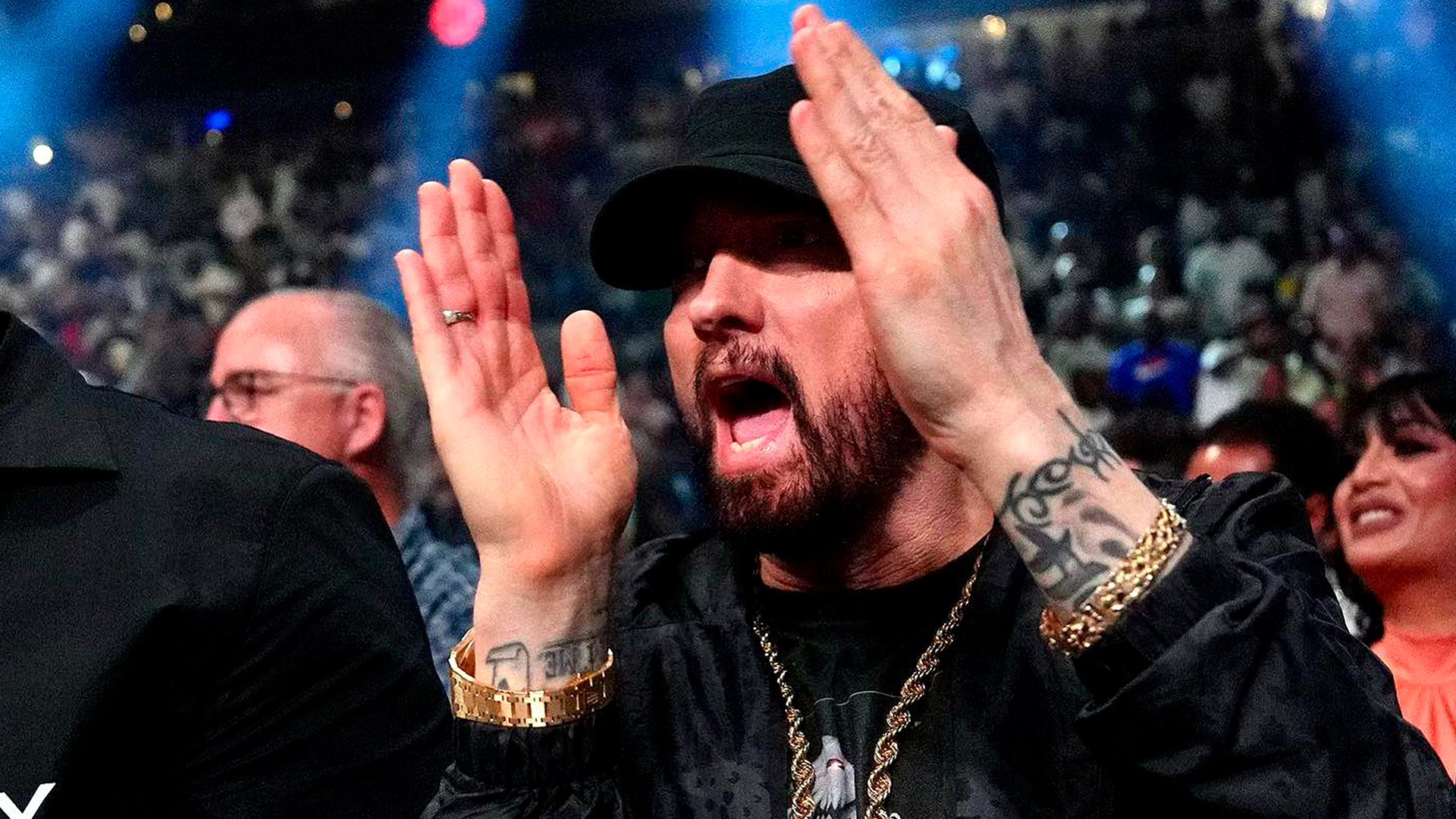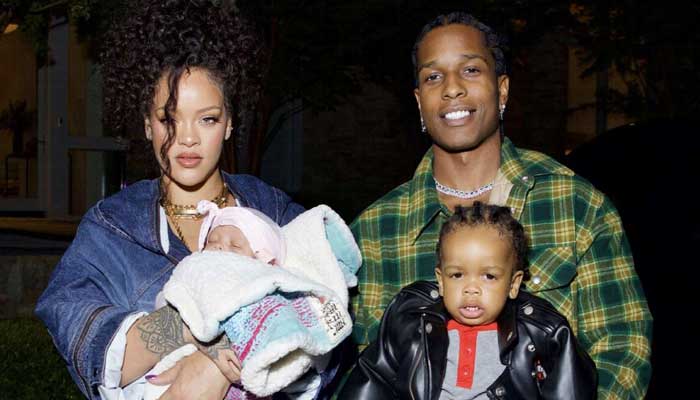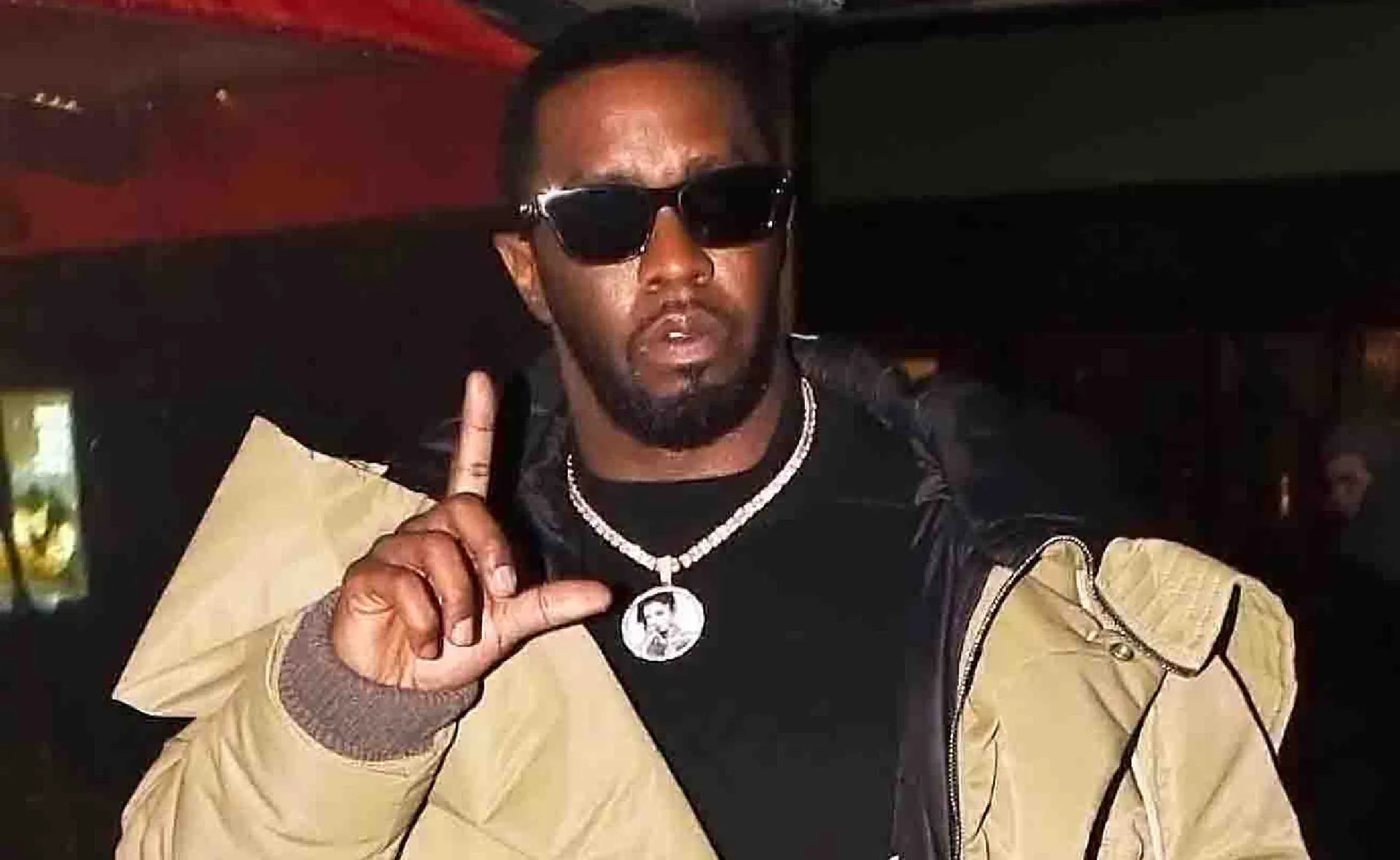Hip-hop icon Eminem delivered a poignant and urgent message to Hollywood following the tragic death of his 8 Mile co-star, Brittany Murphy. The rapper, who himself has battled severe drug addiction, expressed profound shock and concern over the circumstances surrounding Murphy’s passing, describing it as “crazy.”
Brittany Murphy, known for her vibrant roles in films such as Clueless, Just Married, and Uptown Girls, starred as Alex opposite Eminem in the critically acclaimed 2002 film 8 Mile. The movie, which featured a quadruple-platinum soundtrack and drew autobiographical elements from Eminem’s life, garnered numerous nominations and awards. Her sudden death on December 20, 2009, at the young age of 32, sent shockwaves through the entertainment industry and among her vast fanbase.
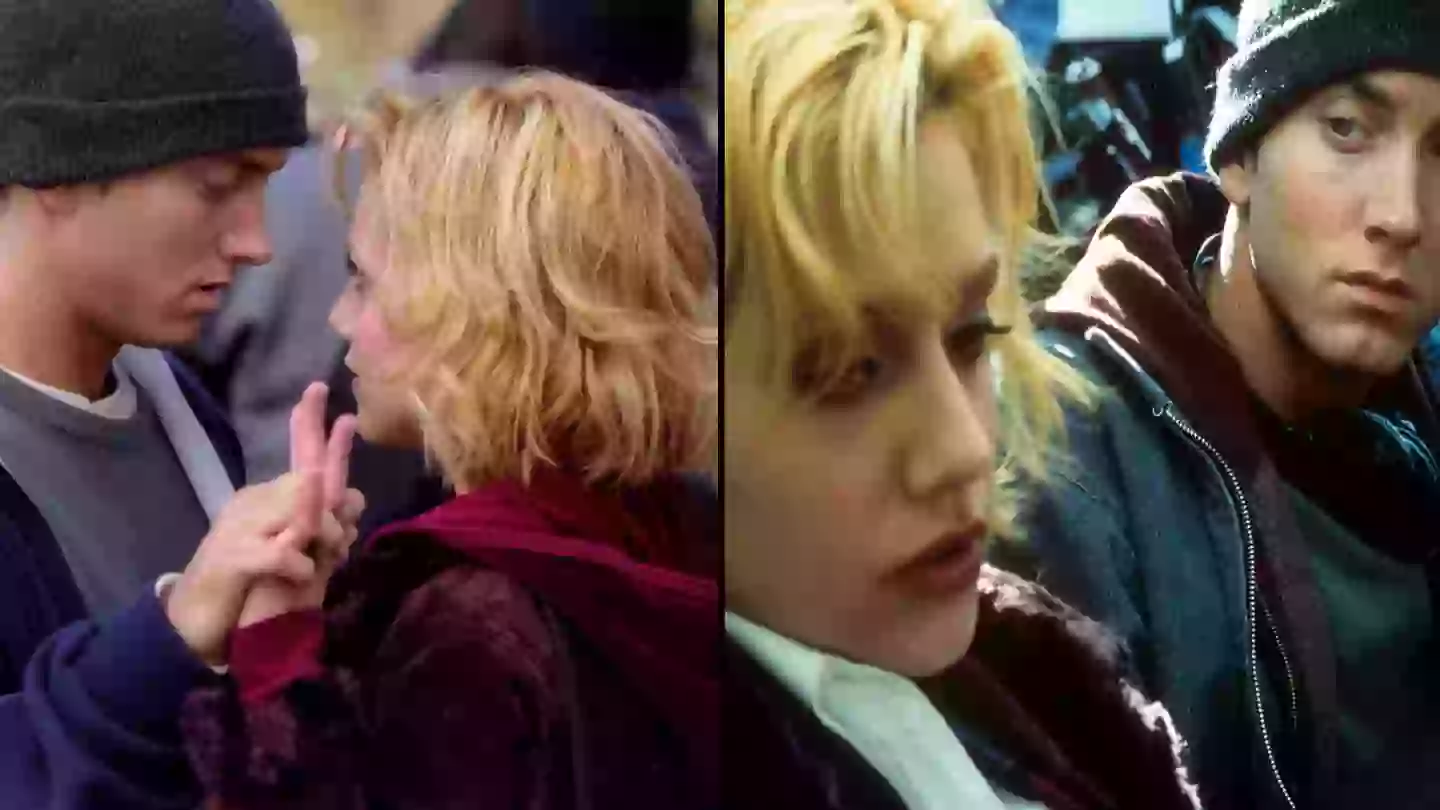
Following a thorough investigation, the Los Angeles County coroner concluded that Murphy’s death was a result of pneumonia combined with anemia and “multiple drug intoxication” from both prescription and over-the-counter medications. This finding highlighted the dangers of drug misuse, even with seemingly innocuous substances.
In August 2010, nearly a year after Murphy’s death, Eminem appeared on the cover of Vibe magazine alongside Dr. Dre. During his interview with the publication, he candidly spoke about the profound impact of his 8 Mile co-star’s passing. “It was crazy. It’s crazy, because at one point, we were very close, and she was a really good person,” Eminem shared, reflecting on their bond during the filming of 8 Mile.
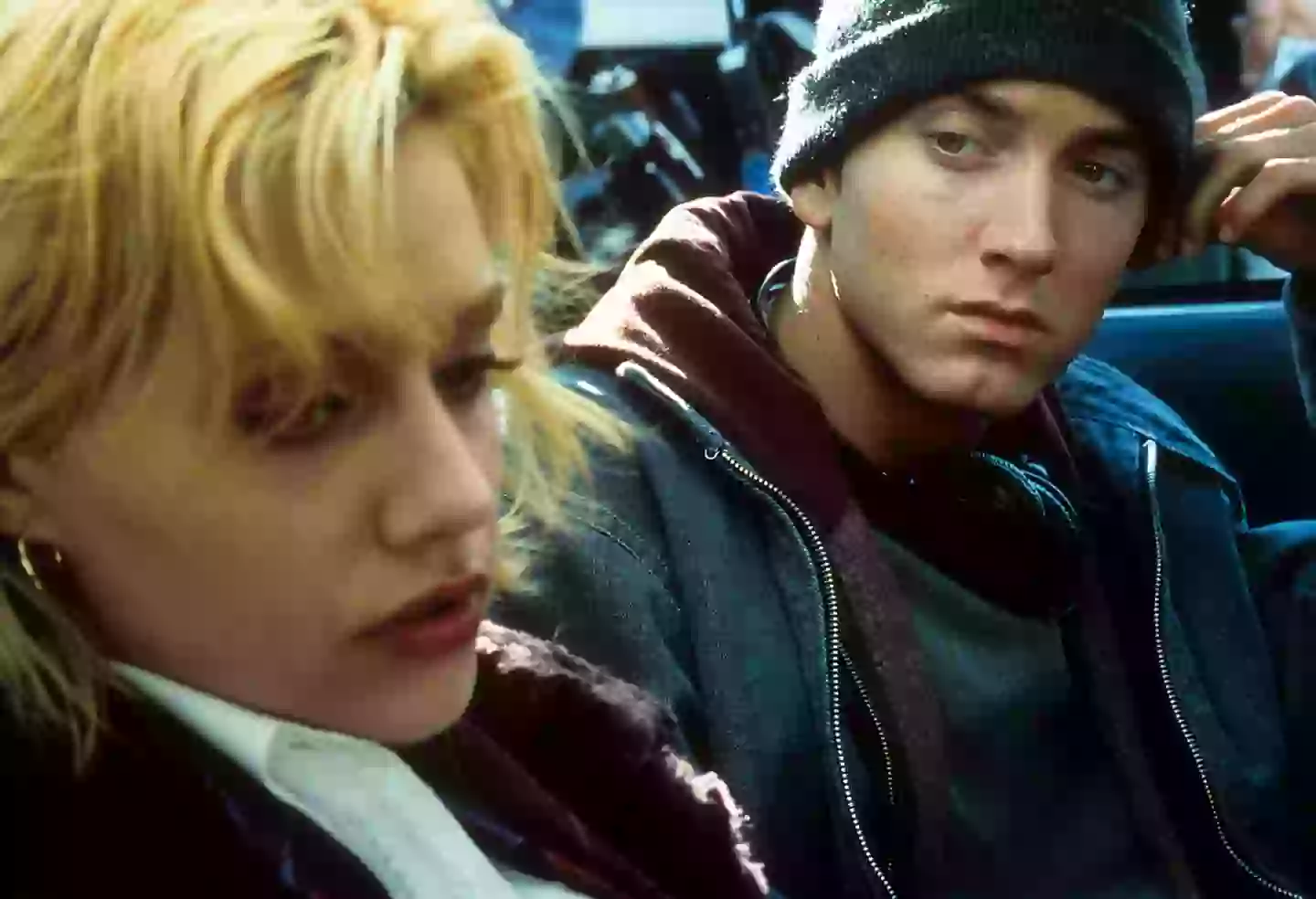
He then pivoted to issue a stark warning to his peers across the entertainment industry. Eminem articulated a broader concern about a disturbing trend he observed in Hollywood, transcending the specifics of Murphy’s case. “It’s crazy when you see things not just with her but just all these things that are happening in Hollywood with people in music, with people in acting. … Famous people,” he stated, highlighting the pervasive nature of the issue.
Eminem continued, drawing attention to the alarming rate of overdoses among celebrities. “Famous people are overdosing at alarming rates and — that almost sounded like a commercial. Wow,” he quipped, catching himself but underscoring the gravity of his observation. He then delved into what he perceived as a contributing factor to this crisis: the complicity of some medical professionals.
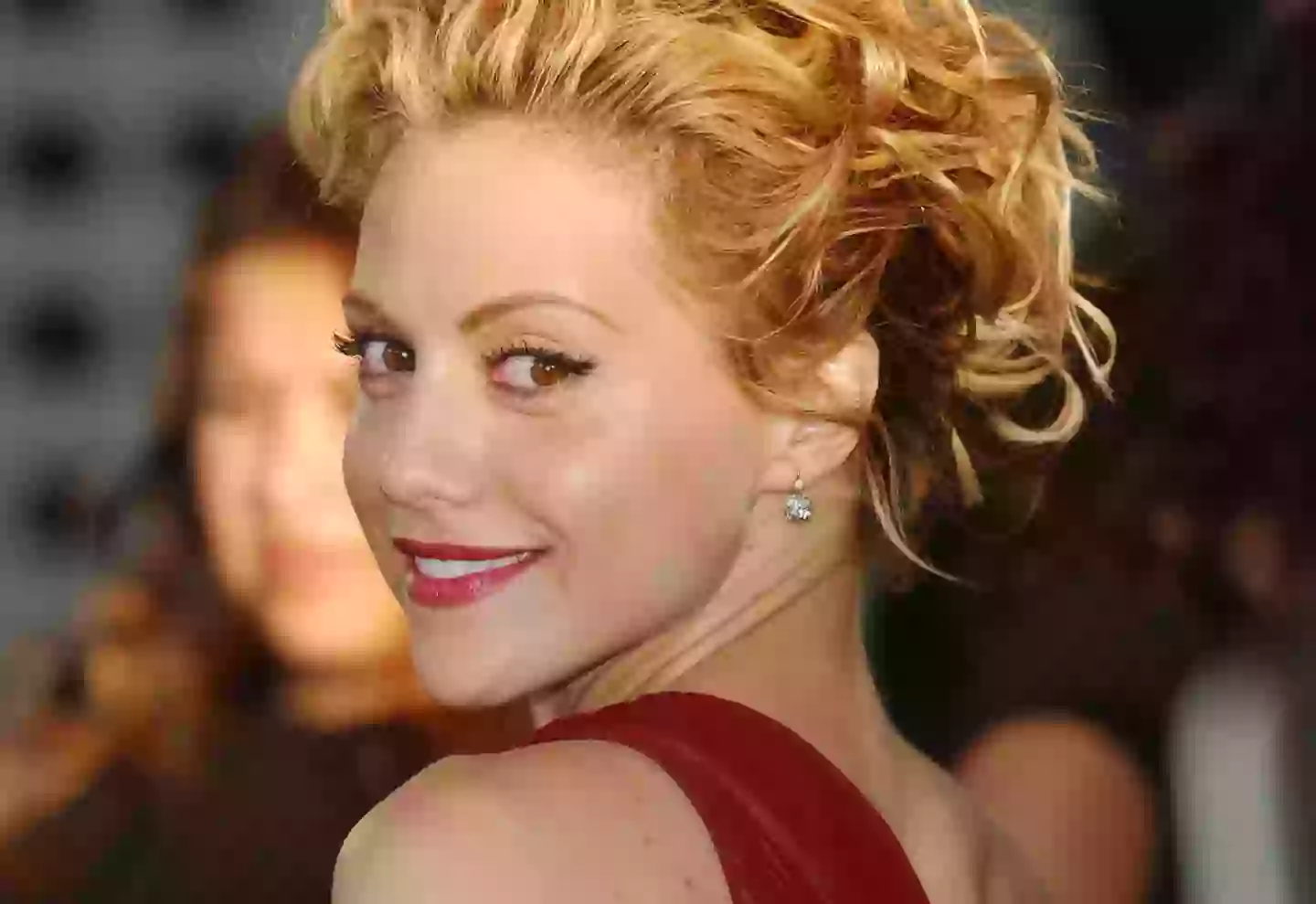
“But they are,” Eminem affirmed, referring to the high rates of overdoses. “And it’s one of those things, man, where you’re famous, doctors will kiss your ass because they love the celebrity. ‘Oh, I can call up Eminem and get him on the phone right now. Oh, hi Marshall, how are you doing? Do you need that [prescription]?’ There are doctors that will give you certain things just because of who you are.” This powerful indictment suggested that the allure of celebrity could lead some medical practitioners to bend ethical guidelines, potentially enabling addiction rather than curtailing it.
:max_bytes(150000):strip_icc():focal(299x0:301x2)/8-mile-2-600x450-06cb8f47d44d428682a77fb34b6742c9.jpg)
Over the years since Murphy’s death, rumors have persisted that she died from an overdose of illegal drugs. However, the coroner’s assistant clarified to PEOPLE at the time that no illicit substances were found in her system, only “prescription and over-the-counter meds.” Chief Ed Winter further emphasized that Murphy’s life might have been saved had she sought medical attention sooner. “Murphy was planning on seeing a doctor, but she, unfortunately, passed away before she did,” Winter stated. “This was a case of a person with pneumonia who was anaemic and was taking medication when she should’ve been getting medical treatment.” This underscored the importance of prompt medical intervention and the dangers of self-medicating, even with seemingly innocuous drugs.
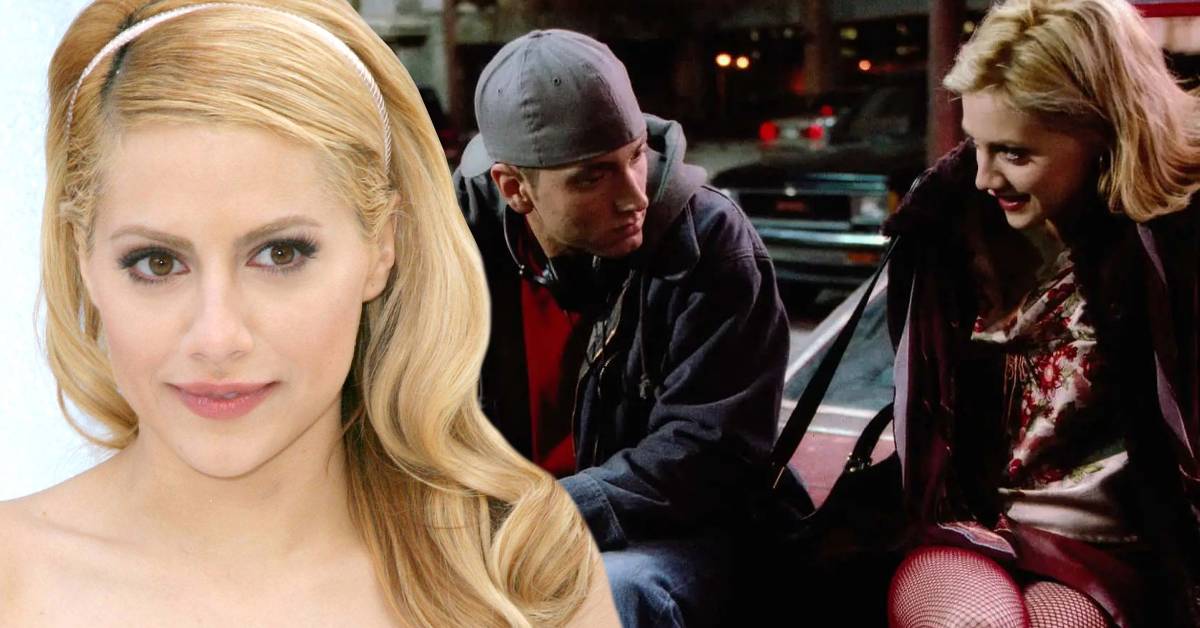
Eminem’s message carried particular weight given his own well-documented struggles with drug addiction. The Grammy-winning artist suffered a near-fatal overdose in 2007, a traumatic experience that provided him with a unique and painful insight into the perils of substance abuse, especially when exacerbated by the pressures and privileges of fame. His personal battle and subsequent recovery have made him a vocal advocate for sobriety and a cautionary tale of the dark side of celebrity. His warning to Hollywood served as a crucial reminder that fame, while offering immense opportunities, also presents unique vulnerabilities that require vigilance and ethical responsibility from all involved.
